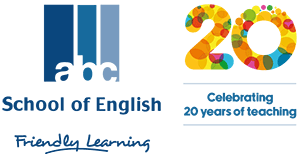The importance of pronunciation

One of the strengths of the Callan Method is that the student’s pronunciation is consistently corrected. The teacher corrects the students by repeating their wrong pronunciation and then giving them the correct pronunciation. The student repeats the correct pronunciation and then continues with their answer. This is done very quickly. Sounds/syllables are not corrected in isolation - words are corrected. This is very important because sound/syllables do not exist independently. They exist in relationship to each other and to words and sentences.
Very often the student finds that they are being corrected on a limited number of mistakes that they are making repeatedly. They are making ‘v’ sound instead of a ‘w’ sound or they are dropping their endings (‘d’, ‘t’ or ‘id’) in regular verbs. With consistent correction over a short period of time the student finds they are able to eradicate common errors from their speaking.
Sometimes words have specific pronunciation according to function or tense. For example, ‘separate’, ‘associate’ and ‘graduate’ are pronounced differently when they are used as verbs to when they are not being used as verbs. ‘Read’ is pronounced differently when used in the present to how it is pronounced when used in the past or as a past participle. In a Callan Method lesson teachers ensure that correction pronunciation is used given the specific context in which the word is spoken. Another feature of English is the phenomenon of silent letters in words such as fam(i)ly and We(d)n(e)sday. This makes it hard for the student to improve their pronunciation without doing a language course such as that provided using the Callan Method.














